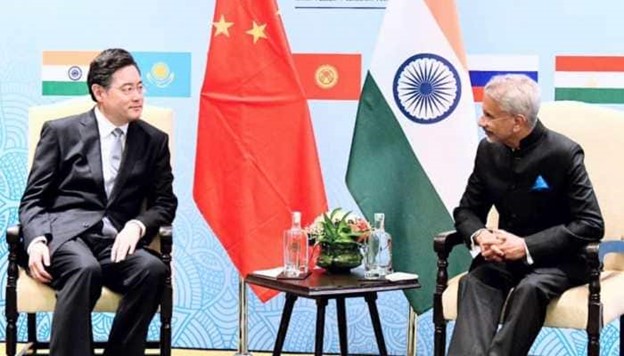
The Chinese Intransience During Foreign Ministers’ Meet At Goa SCO Summit

Shanghai Cooperation Organisation (SCO) summit in September 2022 at Samarkand, Uzbekistan resulted in China accepting withdrawal from Gorga-Hot Spring Area (PP-15) on the Line of Actual Control (LAC) in the Eastern Ladakh in run up to this event wherein withdrawal had commenced on September 8, 2022 and was completed on September 12, 2022. This was the last point of transgression resolved between the two countries. Two major transgressions by Chinese are still unresolved in the areas of Depsang and Demchok.
Though the discussions at all levels have continued since then, there has been no movement forward on the resolution of pending transgressions. In such a situation when SCO related events were scheduled in India as India is currently holding the SCO presidency, the hopes got raised again in the run up to these events. Some kind of replay was expected.
The first time when expectations got raised was during the 18th round of Corps Commander Level (CCL) meet held on Moldo-Chushal border meeting point on April 23, 2023. Surprisingly, nothing was announced after the conclusion of the event. The optimists kept believing that something substantial would have been agreed upon which might be announced during the bilateral meet between Defence Ministers of both the countries on April 27, 2023. The meeting did happen, but no agreement was reached as both sides maintained their respective stance. India reiterated that China must revert to pre-April-May 2020 positions and the dialogue process must move forward within the agreements already existing between both the countries. India also categorically stated that the relations cannot be ‘normal’ unless peace and tranquility is restored on the borders (LAC). China was not in consonance with the Indian stance. It now maintains that the border situation is already ‘normal’ and that it must be kept in its proper place and mutual relations must be normalised. This argument of China has been emanating from the Chinese belief that the Indian state can be convinced for better mutual relationship despite adversarial situations on the border. This is so because we not only accepted our relationship as normal despite China inflicting a huge embarrassment on us in the 1962 war and keeping large territory of Aksai chin under its physical control, but China also succeeded in enhancing the trade relationship to unparalleled level, that too despite being favourable to India relatively.
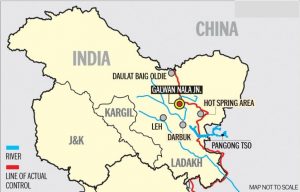
Since relations between the countries are primarily in the domain of foreign ministers as against the Defence ministers, a new ray of hope appeared on the horizon as bilateral meet was scheduled and conducted between Indian and Chinese foreign ministers on May 4, 2023 on the sidelines of SCO foreign ministers meet held in Goa. This hope was shattered as the Chinese foreign minister also stuck to the same stance of his country which is being advanced on a regular basis more so after resolution of PP- 15 in Sep 2022. It will be worthwhile to examine as to what could be the likely reasons for the current behaviour of Chinese foreign minister during the recently concluded bilateral meet in Goa on May 4, 2023:
- Chinese form of governance follows the ‘top-down approach’ wherein all the subordinates follow the direction of its premier.
- With this arrangement, the resolution of this conflict lies at the apex level with Xi Jinping. It is therefore necessary to seek resolution at that level. It is likely only if China faces some compulsion on its own due to Taiwanese issue/ belligerence getting increased with the USA. In absence of this, the talks are the only option at the apex level to resolve which has been missing at the moment.
- Somehow the communication at the apex level is ‘silent’. In fact, the Indian PM did attend the previous SCO summit in Samarkand, Uzbekistan in September 2022 but neither any bilateral was held with the Chinese Premier nor any gesture made by both leaders towards border issue resolution. The ‘talking’ is essential and in this process, to reach an amicable settlement of the long standing dispute.
- Due to the consistent efforts of the USA, China is feeling some ‘heat’ on various counts though it is not acknowledging this. The adverse effects relate to trade as well as national security challenges. Due to majority of IPRs of the chip industry being with the USA and concentration of production in Taiwan, it may have a substantial adverse effect on Chinese capabilities which will be more ‘telling’ in the days ahead. India being part of QUAD also appears to be irking China.
- China-Russia ‘no limit’ friendship has also emerged as a challenge for the USA wherein both the countries are trying to draw the USA in the direct confrontation in the Ukraine conflict. If they succeed, it will open new opportunities for China in integrating Taiwan militarily besides dominating the Indo-Pacific relatively more effectively. USA appears to have understood this game and is trying to support Ukraine indirectly with enhanced focus in Indo-Pacific which includes deployment of nuclear submarines close to South Korea. If China gets involved in Taiwan, it may ease out its stance on the LAC transgressions with India even if it is going to be a ‘temporary’ phenomenon. The USA has moved so far ahead on the Taiwan issue that it will get involved in that conflict for sure, otherwise it will face total loss of credibility forever which already stands fractured due to sudden withdrawal from Afghanistan.
- China is aware of the equipment profile of the Indian defence forces being primarily from Russia. It also knows the challenges being faced by Russia now and therefore considers the present time ‘more advantageous’ to maintain its current standoff posture wherein it is continuing in transgressed positions, both in Depsang and Demchok. If some breakthrough takes place, it may happen first in Demchok as the Depsang resolution has far greater strategic implications.
- Invariably, whenever China has ingressed, it has held the transgressed locations or has returned to those locations in the alternative format. This is evident from the Wangdung Camp’s continued occupation South of Samdurong Chu since 1987, creation of alternative accommodation in the riverbed of Amo Chu post-stated withdrawal from Doklam in 2017 or now returning to Depsang from 2020 onwards despite agreement reached in 2013.
- The mere fact that China has not resolved the transgression issues even after lapse of three years, it will require special effort to resolve this including lot of efforts at Track 2 level. Not only this, so called resolutions of the transgressions so far are also ‘Disadvantage India’ as we have accepted the ‘buffer zone’ on the LAC and thus restricting our own move to the areas which were being accessed in pre-April-May 2020 period.
- Though India’s development of border infrastructure is considered as one of the reasons of such a posture by China, but China is looking at the bigger game plan wherein it is going to construct another highway in Eastern Ladakh much closer to the LAC for enhancing its connectivity to Central Asian Republics (CAR) and Pakistan-Afghanistan-Arab world.
- China is making deliberate plans to checkmate India in its rise at the world stage. India needs to focus on border infrastructure development, indigenisation of its defence equipment and ensuring physical presence at LAC all along to avoid occurrence of such events in the future.
It was clear during the bilateral meeting of the foreign ministers of India and China that the Chinese FM had come with a pre-fixed brief as was the case in the meeting of the Defence Ministers of both the countries. Resolution, if any, will take place only if Xi Jinping changes his stance and becomes more accommodative to the Indian concerns. Changes in his decisions will not be based on ‘short term’ vision as they have always looked at their national interest from the ‘long term’ perspective. The geopolitical development will also have an impact in the resolution of this ‘standoff’ but only if it is ‘Disadvantage China’. The forthcoming visit of the Chinese President for the SCO summit meeting in the first week of July 2023 is another opportunity wherein a constructive engagement can take place between PM Modi and Premier Xi Jinping to revert to the status quo or agreed resolution acceptable to both the sides.
The bilateral meeting in Goa of foreign ministers resulted in Chinese FM making a statement that the countries must learn a lesson from history. Hope, China is not stuck up in 1962 memories as there are episodes of 1967,1987 and 2017 as well which are also part of the history. The Goa chapter has been a huge disappointment as far as bilateral issues are concerned, but having expected some positive outcome was also a myth-based hope.
Disclaimer
The opinions expressed in this article are the author’s own and do not reflect the views of Chanakya Forum. All information provided in this article including timeliness, completeness, accuracy, suitability or validity of information referenced therein, is the sole responsibility of the author. www.chanakyaforum.com does not assume any responsibility for the same.
Chanakya Forum is now on . Click here to join our channel (@ChanakyaForum) and stay updated with the latest headlines and articles.
Important
We work round the clock to bring you the finest articles and updates from around the world. There is a team that works tirelessly to ensure that you have a seamless reading experience. But all this costs money. Please support us so that we keep doing what we do best. Happy Reading
Support Us






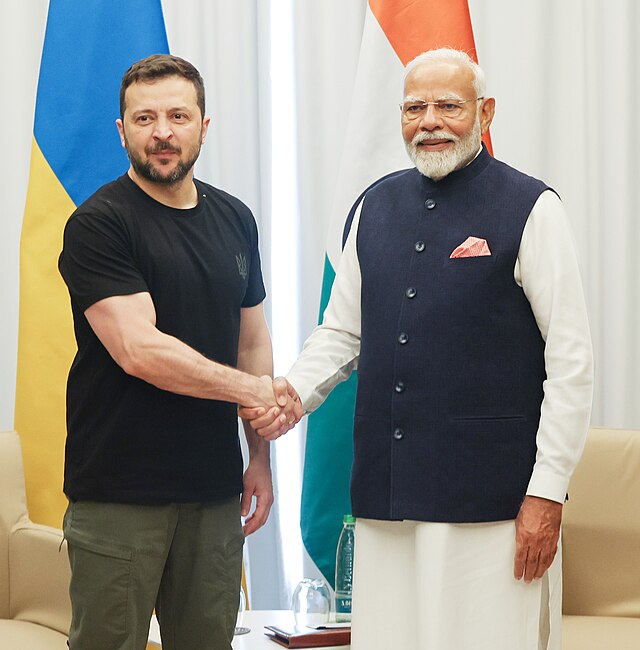
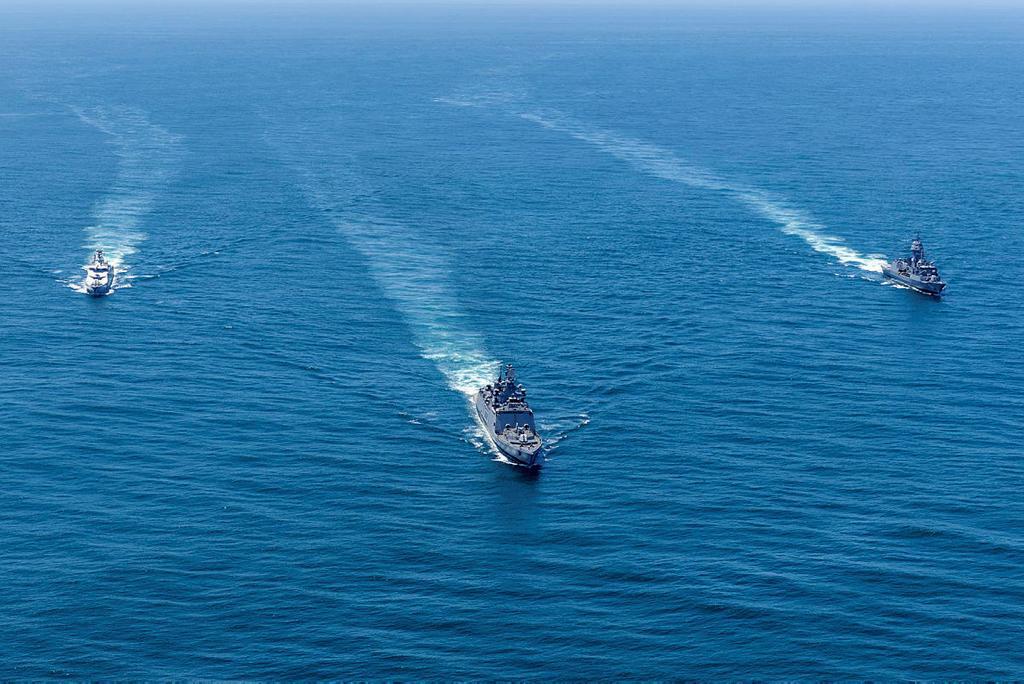
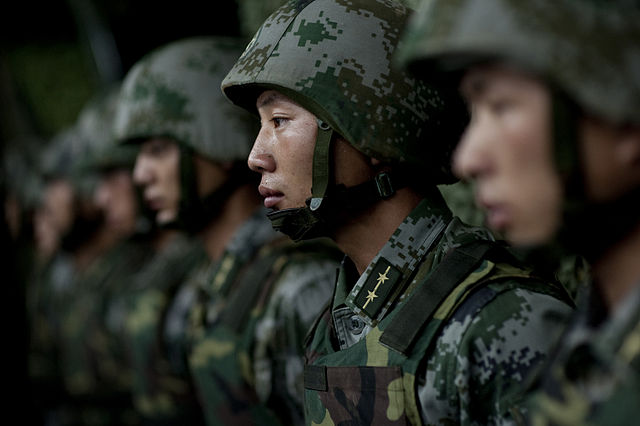
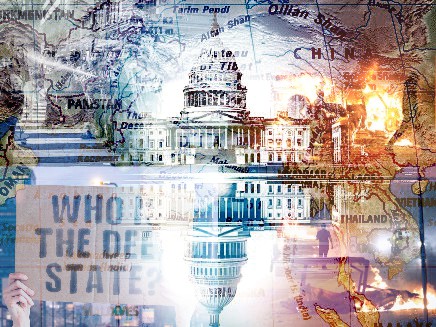
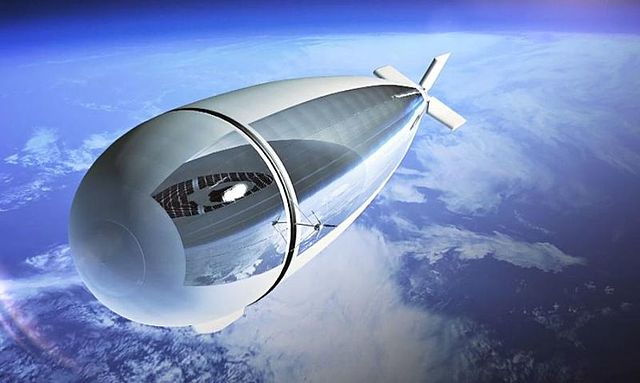
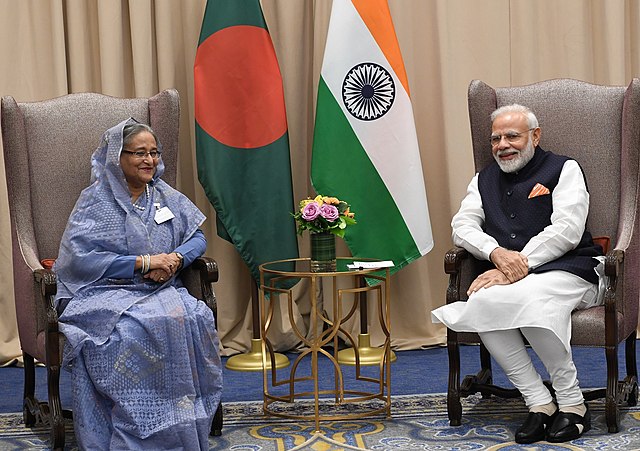
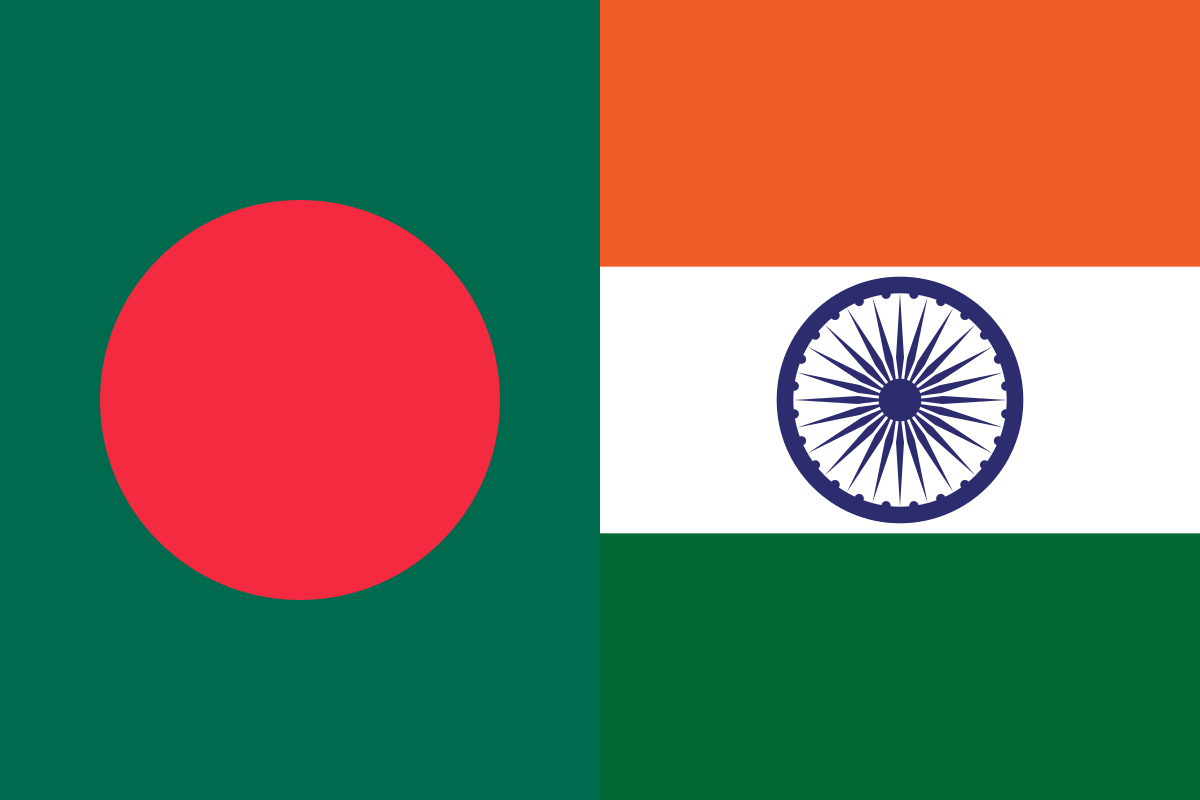
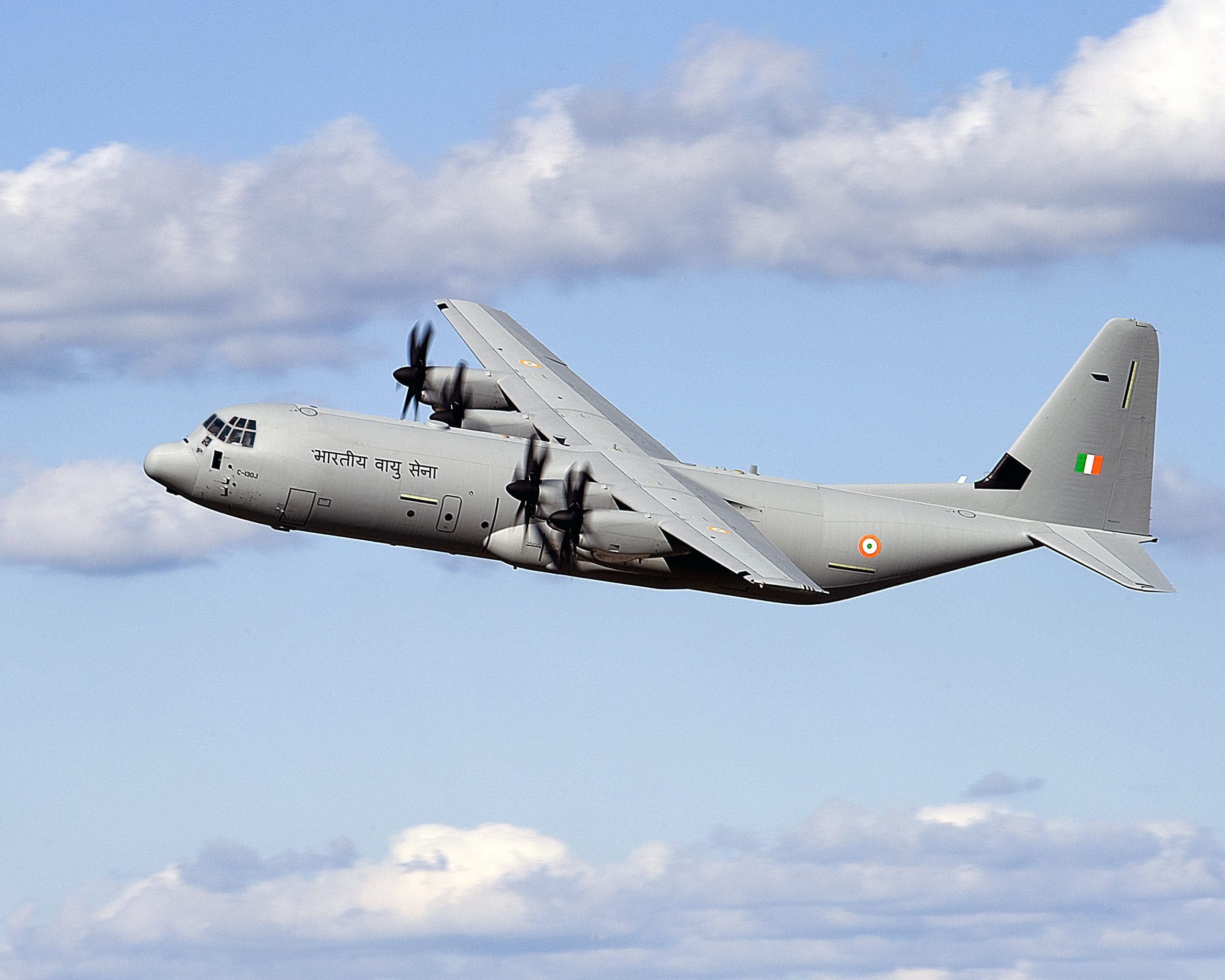







POST COMMENTS (0)